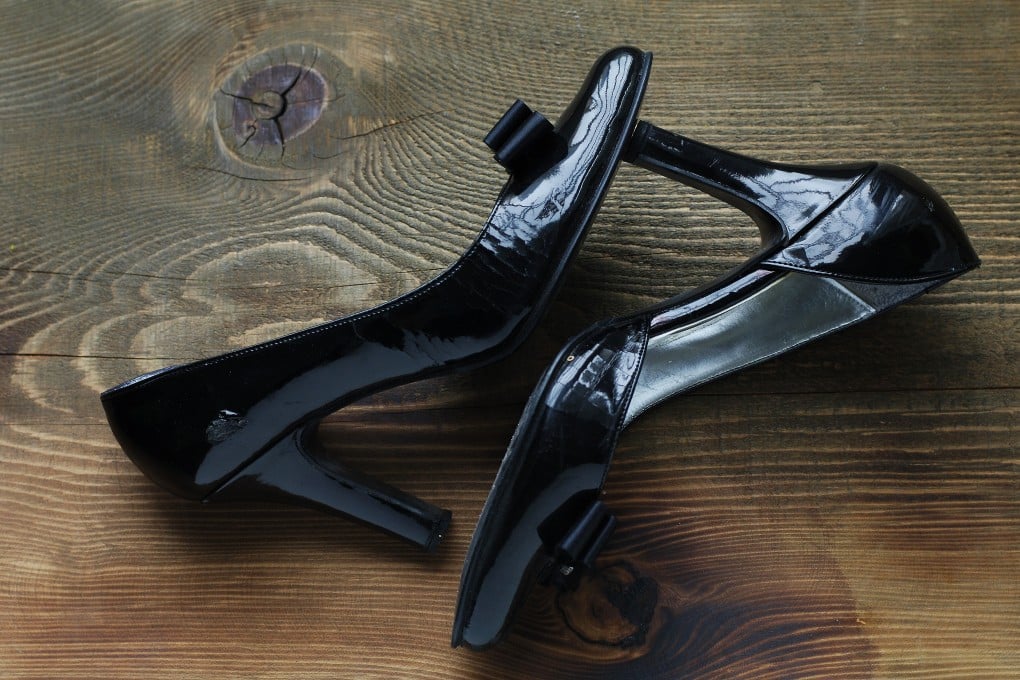Japan’s #KuToo movement says a high-heels dress code is workplace harassment
- Activists want the government to revise laws on power harassment, or ‘pawa hara’, to include forcing female employees to wear heels
- The KuToo movement has gained momentum, and is one of 10 ‘memorable buzzwords’ for Japan in 2019

On December 3, KuToo founder Yumi Ishikawa filed a letter to the government asking for a revision of the nation’s power harassment laws. Power harassment – popularly referred to as “pawa hara” in Japanese society – entails forms of psychological abuse and abuse of power, as well as bullying in the workplace.
“We are shocked by the lack of address regarding women’s dress code, including the enforcement of mandatory high heels in workplaces,” read the letter addressed to Katsunobu Kato, Japan’s minister of health, labour and welfare.
This is not a campaign asking society to let us wear flats, it’s a campaign to let people know we already have the right to do so
KuToo – a play on the words kutsu (shoes), kutsuu (pain) and the MeToo movement – first emerged as a hashtag in January 2019 after Ishikawa tweeted about being forced to wear painful high heels at her workplace.
“This is not a campaign asking society to let us wear flats, it’s a campaign to let people know we already have the right to do so,” Ishikawa, 32, told the South China Morning Post, adding that women did not need “permission” to wear what they want.
Ishikawa says the letter asked for the mandatory enforcement of high heels to be included as a form of power harassment alongside the likes of physical abuse, emotional abuse, overwork, and deliberate isolation of an employee.
